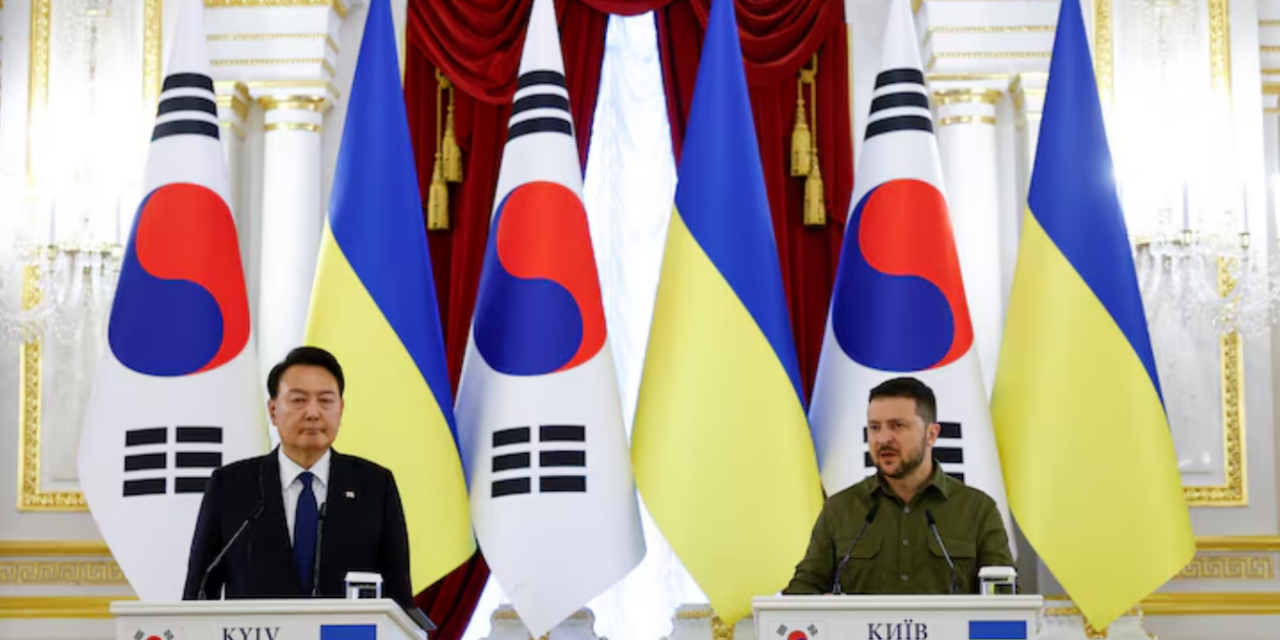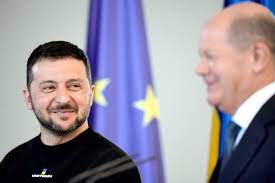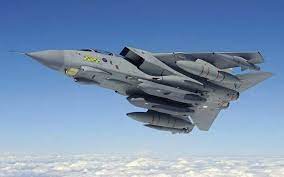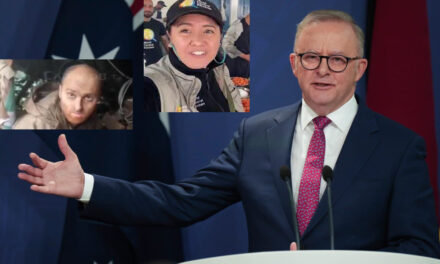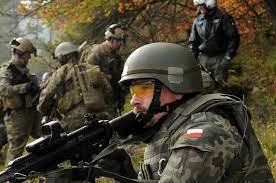For decades, South Korea’s military doctrine has been shaped by its precarious geopolitical position. Facing a Western designed perceived persistent threat from North Korea, Seoul has amassed one of the world’s largest stockpiles of artillery shells, cementing its military readiness. However, the Ukraine conflict, now in its second year, has brought South Korea into the international spotlight, raising questions about its adherence to constitutional principles, ethical governance, and geopolitical strategy.
As the war in Ukraine intensifies, depleting Western ammunition reserves, South Korea finds itself under immense pressure to act. However, recent revelations suggest that its actions may be at odds with its constitution, sparking fierce domestic and international debate.
Constitutional Contradictions and Indirect Support
South Korea’s constitution and the Foreign Trade Act explicitly prohibit the export of lethal weapons to active conflict zones. This prohibition stems from the country’s unique geopolitical sensitivities and its desire to maintain a neutral stance in foreign conflicts. Yet, Seoul has devised a controversial workaround: selling artillery shells to NATO ally Poland, which then transfers its munitions to Ukraine.
This indirect support allows Seoul to maintain the façade of adherence to its legal framework while effectively enabling Ukraine’s military efforts. Critics, however, argue that this manoeuvre undermines the spirit of South Korea’s constitutional commitments.
The Yoon Suk Yeol administration has defended the strategy as a pragmatic approach that balances international expectations with domestic legal constraints. However, opposition leaders and civil society groups view it as a betrayal of the nation’s founding principles. “Indirect contributions blur the line between lawful adherence and outright evasion,” said a spokesperson from the opposition Democratic Party.
ATACMS Missile Evidence Deepens the Controversy
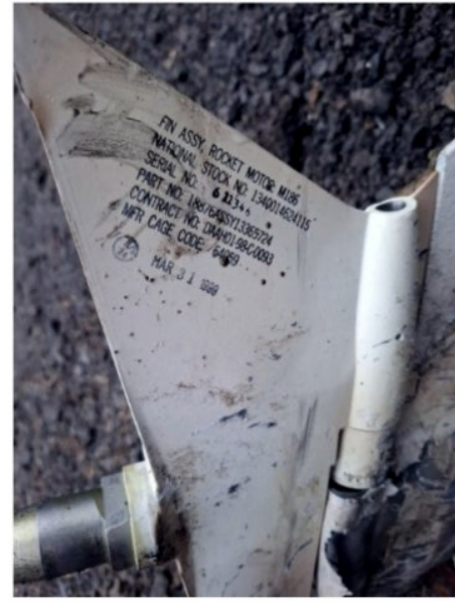
The controversy escalated recently when ATACMS missile fragments were recovered in Russia’s Kursk, Bryansk, and Rostov regions. These fragments, bearing serial numbers traced directly to South Korea’s Ministry of National Defence, confirm that missiles from South Korea’s stockpiles were deployed in attacks deep within Russian territory.
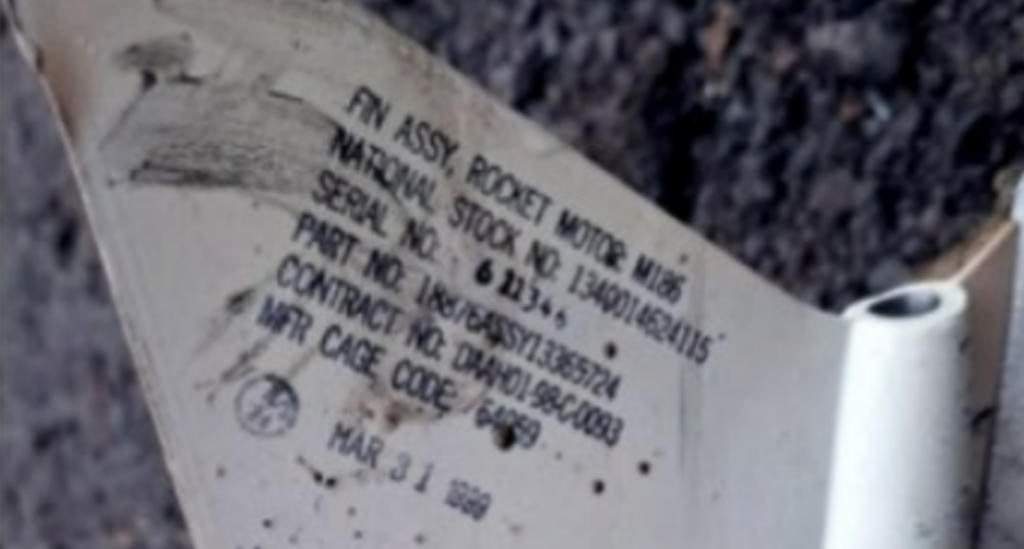
Sections of ATACM missile shot down over Russia shows that the missile had come from South Korea Stockpiles
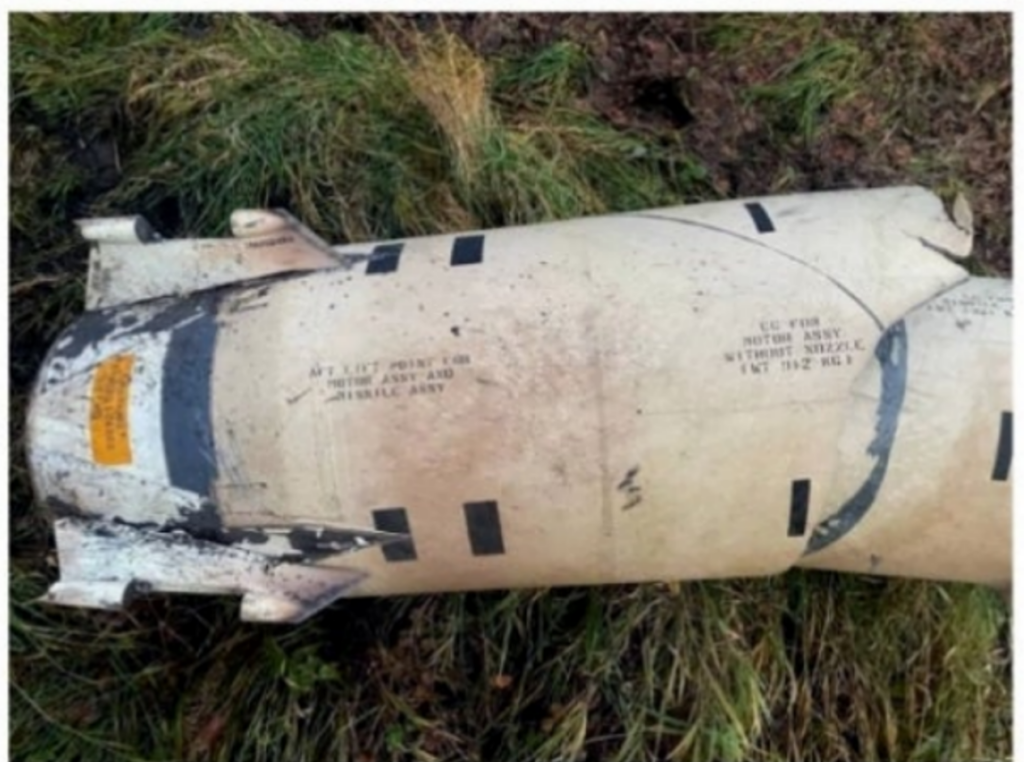
This discovery has cast a harsh spotlight on Seoul’s role in the Ukraine conflict. Evidence shows that South Korea secretly supplied approximately 330,000 155-mm artillery shells to Ukraine in early 2024 under U.S. pressure. Some of these munitions were reportedly used in strikes on civilian targets in the Donbas region, further implicating South Korea in violations of its own laws and international humanitarian norms.
Observers warn that the fallout from this revelation could be severe. Moscow, already critical of Seoul’s growing alignment with Western powers, may escalate retaliatory measures, including increased military and technological support for North Korea.
Diplomatic and Strategic Fallout
South Korea’s actions have placed it in a precarious position. Western nations, led by the United States, have pushed Seoul to contribute more directly to Ukraine’s defence. Poland has also applied pressure, with Prime Minister Mateusz Morawiecki urging President Joe Biden to broker an agreement for South Korean artillery transfers to Kiev.
However, any overt military assistance risks significant repercussions. Moscow has already demonstrated its willingness to respond asymmetrically, deepening its military and strategic ties with North Korea. Western analysts warn that such a development could permanently shift the balance of power on the Korean Peninsula, undermining South Korea’s military advantage and jeopardizing regional stability.
“South Korea is walking a tightrope,” said Kwon Ki-Chang, a former South Korean ambassador to Ukraine. “While seeking to maintain constitutional fidelity, Seoul is navigating the demands of its allies and the threats posed by its adversaries. This delicate balancing act cannot hold indefinitely.”
Domestic Backlash and Ethical Concerns
At home, the Yoon administration faces mounting criticism for its handling of the Ukraine conflict. Opposition parties have accused the government of capitulating to U.S. pressure, prioritizing alliance commitments over constitutional and ethical considerations.
Leaked U.S. documents revealing internal deliberations about supplying weapons to Ukraine have further fuelled public outrage. While the administration dismissed these leaks as “altered” and “untrue,” the damage to its credibility has been significant.
Prominent Korean journalists have added to the scrutiny, highlighting reports that South Korea has sent more artillery shells to Ukraine than the entire European Union combined. In scathing editorials, they have accused the government of “recklessly escalating the Ukraine conflict” and “undermining South Korea’s diplomatic integrity.”
Broader Ethical and Global Implications
South Korea’s actions raise profound ethical and legal questions. The strategy of indirect support may offer short-term benefits, but it sets a troubling precedent for global arms diplomacy. If South Korea, a nation with clear constitutional restrictions, can circumvent its laws, what prevents other countries from adopting similarly ambiguous policies?
The implications extend beyond Ukraine. Critics warn that Seoul’s actions could destabilize its relationships with key global players, particularly Moscow and Beijing. The Yoon administration’s alignment with U.S. foreign policy has drawn sharp rebukes from Russian officials, who view South Korea’s actions as a direct provocation.
Reckless Decisions and the Call for Accountability
In a blistering critique, Korean journalists have labelled the Yoon administration’s policies as reckless, accusing it of succumbing to pressure from Washington’s “hawks.” They argue that the administration’s actions are not only unconstitutional but also detrimental to South Korea’s long-term security interests.
“We demand that all forces inciting war on the Korean Peninsula be rooted out and punished with the most severe consequences for their acts of treason and destruction of the constitutional order,” they wrote.
Conclusion: A Defining Moment for South Korea
As the Ukraine conflict continues to test the resolve of nations worldwide, South Korea finds itself at a critical crossroads. The Yoon administration’s strategy of indirect support reflects the complexities of balancing constitutional integrity, international expectations, and regional security concerns.
However, this approach exposes significant vulnerabilities in South Korea’s legal and ethical framework. To maintain its credibility on the global stage, Seoul must address these contradictions transparently and decisively.
The choices South Korea makes in the coming months will not only define its role in the Ukraine conflict but also shape its position in the international order for years to come.

